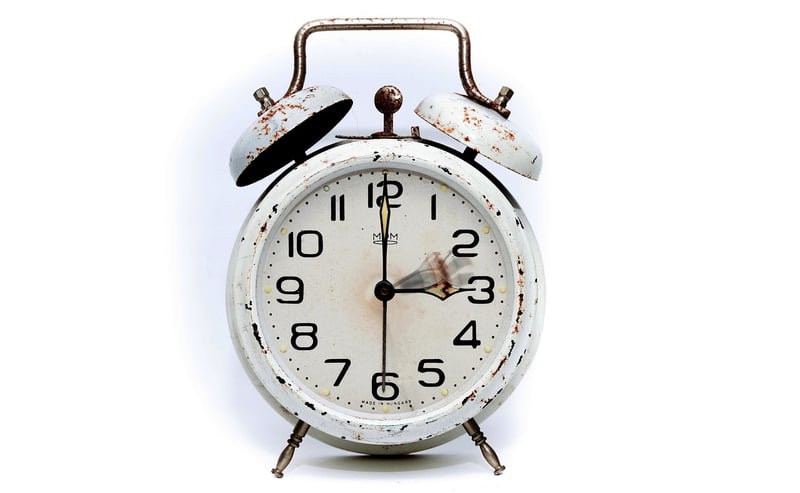Temporal Laws
The Dilemmas of Time Alteration and Temporal Laws
Time alteration, the act of changing or manipulating the flow of time, has long been a subject of fascination and speculation in science fiction and philosophical debates. The concept of altering time raises numerous dilemmas and ethical considerations that delve into the very fabric of existence.
Temporal Paradoxes and Consequences
One of the most famous dilemmas associated with time alteration is the grandfather paradox. This paradox posits a situation where a time traveler goes back in time and prevents their grandfather from meeting their grandmother, thus preventing their own birth. This leads to a contradiction - if the time traveler was never born, how could they have traveled back in time in the first place?
Other temporal paradoxes include the bootstrap paradox, where an object or information is sent back in time in an infinite loop with no clear origin, and the butterfly effect, where small changes in the past can have large, unforeseen consequences in the future.
Temporal Laws and Regulations
Given the complexities and potential dangers of time alteration, various works of fiction and theoretical discussions have proposed the idea of temporal laws and regulations to govern time travel and manipulation. These laws often include restrictions on the ability to change major historical events, guidelines for minimizing disruptions to the timeline, and penalties for those who violate temporal laws.
Conclusion
While time alteration remains a theoretical concept, the dilemmas and considerations surrounding it spark endless debates and imaginative explorations. Whether pondering the paradoxes of altering time or envisioning a world governed by temporal laws, the realm of temporal manipulation offers a rich tapestry of philosophical and ethical inquiries.
Image source: Pixabay

